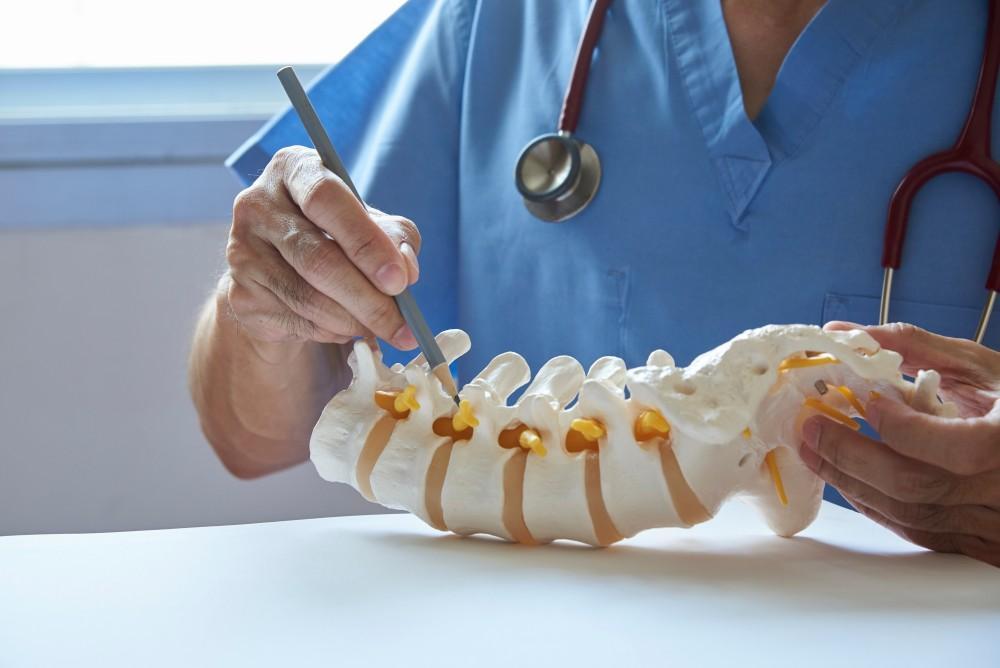
4 Benefits of Outpatient Spine Surgery

It used to be if you needed spine surgery, you could expect an extended stay in the hospital, followed by a long recovery time at home. The times have changed, though. With the development of minimally invasive techniques for most spinal procedures, as well as robotic surgery, many patients can go home the same day as their surgery.
At Vertrae®, board-certified neurosurgeon Dr. Kamal R. Woods and his team perform spinal surgery, minimally invasive spinal surgery, and robotic surgery, all tailored to each patient’s needs and the severity of their problems. The new techniques and technology make outpatient spine surgery possible in many cases. Here’s more about the benefits you can expect from it.
What is an outpatient spine surgery center?
An outpatient spine surgery center is just like an ambulatory care facility, but the staff focuses only on performing spine surgery. This kind of specialization requires the highest level of staff integration and commitment since spine surgery patients require care above and beyond what’s usually available at an ambulatory care facility.
The entire experience at these facilities is geared toward allowing the patient to have the shortest possible procedure and the fastest recovery so they can quickly return to their normal lives. Many patients leave the facility on the same day, saving a lot of money in hospital costs and may allow them to recover better in the comfort of their homes.
In general, outpatient surgery centers offer the same surgical services as hospitals, though post-surgical care may differ somewhat if the staff discharges the patient that day or the next morning. If the patient needs extensive rehabilitation or physical therapy following their surgery, they access care on an outpatient basis so they can recover at home.
Outpatient spine surgery centers mainly treat degenerative conditions, including degenerative disc disease, herniated discs, spinal stenosis, and spondylolisthesis. The surgeries performed in this setting include but aren’t limited to, cervical and lumbar decompression, spinal fusion, and cervical and lumbar disc replacement.
The surgeon generally uses minimally invasive or robotic techniques since there’s less time spent on the procedure, less bleeding, a lower risk of infection, and a faster recovery.
Anyone who needs urgent or emergency care, such as a spinal fracture from a high-speed car accident, should be treated in a hospital. Other conditions best treated in a hospital include major deformities (e.g. scoliosis) or spinal fractures caused by tumors or infections.
4 benefits of outpatient spinal surgery
Outpatient spinal surgery comes with a number of benefits:
- Shorter procedure time
- Shorter recovery time
- Less bleeding and risk of infection
- Less risk of collateral tissue damage
Increased patient demand because of these benefits and surgeons’ desire to foster a more patient-friendly experience has led to an increase in outpatient spine surgeries performed throughout the United States.
Interested in learning more about outpatient spinal surgery or having a spinal problem that needs to be diagnosed? Vertrae® can help. To schedule an evaluation with Dr. Woods, call our office at 844-255-2225 or book online with us today.
You Might Also Enjoy...


Am I a Candidate for Kyphoplasty?

Pulled Muscle vs. Pinched Nerve: What's the Difference?

4 Subtle Signs of Sciatica

When to Consider Back Surgery for a Herniated Disc

